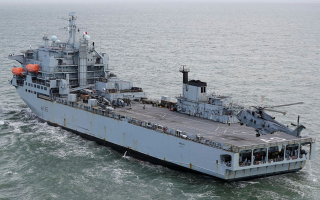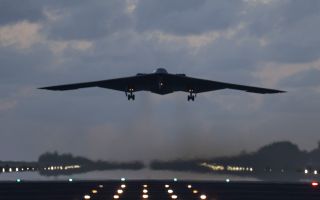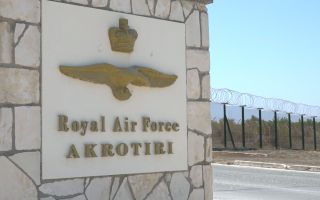Tri-Service
Motor Neurone Disease And The Military
Motor Neurone Disease is an incurable degenerative disease, which attacks nerves in the brain and spinal cord. It leads to progressive paralysis, and ultimately, death.
It remains a very rare disease, affecting about 5,000 people in the UK.
In 2003, it was reported that Motor Neurone Disease (MND) was linked to military service in the 1991 Gulf War. A large study in the US confirmed a link between the disease and military service, but found no link with specific conflicts or length of service.
Now researchers from the University of Glasgow have carried out their own study, analysing 57,000 Scottish veterans. All were born between 1945 and 1985, with a wide range of experience and length of service in the armed forces.
The veterans were compared with 173,000 demographically matched civilians.
The study found that veterans had a 50% higher risk of developing MND compared with people who had never served in the armed forces.
However, the research agreed with earlier US studies, finding no link between any particular deployment, including the Gulf War, and longer service was not associated with greater risk.
Studies in non-veterans in the past have suggested traumatic injury is a risk factor for MND, as is smoking and other lifestyle factors. There is a higher rate of smoking in the military, so that could be an explanation. For this study, the researchers did not have any data on smoking.
Despite the increased risk, lead researcher Beverly Bergman said MND remains very rare and veterans and serving personnel “should not worry unduly”.
The study is published in the journal “Occupational and Environmental Medicine”.







